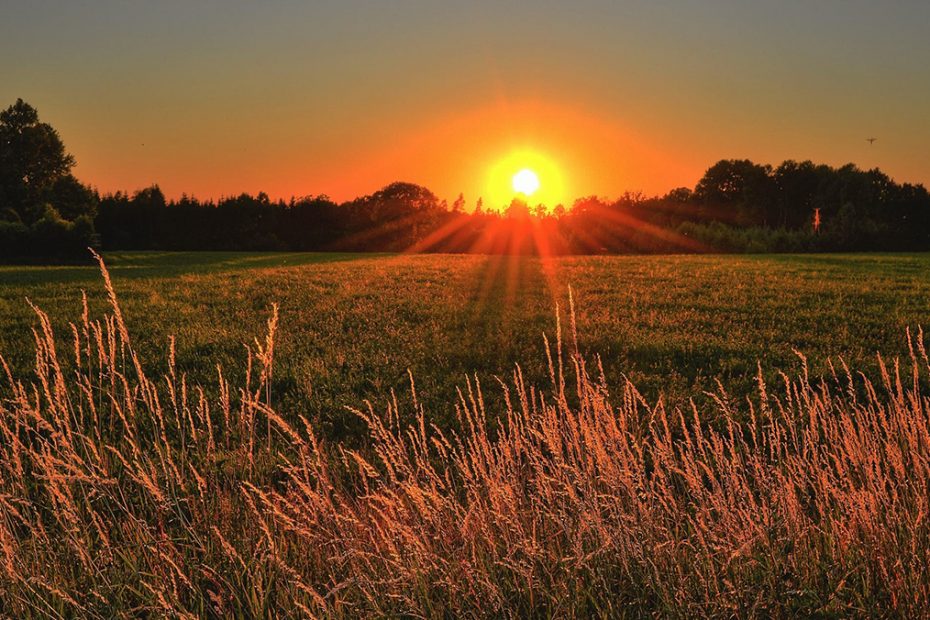Around the country and around the world Laudato Si’ Week has been focusing attention on the many interconnected issues that an integral ecology must address. The seven Laudato Si’ Goals enable us to attend to these issues without losing sight of their interconnectedness, or being overwhelmed by the magnitude of the task. We can situate our limited and specific actions as contributions within a broader framework.
In Lismore diocese another catasprophic flood highlights the reality of climate change and the need to match community resilience with urgent planning for prevention, mitigation, and adaption. This engages Goals 1,2 and 7 of the Laudato Si’ Action Platform – hearing the cry of the earth, the cry of the poor, and promoting community resilience and empowerment.
Our observance of Laudato Si’ Week in Australia is designed to enable appropriate and specific attention to Reconciliation Week. The First Peoples of the lands and waters now known as Australia are our first teachers when it comes to care for country, and the whole of Australian society needs to listen more attentively to them. Acknowledgement of their identity as First Peoples, embracing their wisdom, and respect for their spiritual connection with country are necessary elements of living together in right relationships. Thus, our celebration of Reconciliation Week engages all the Laudato Si’ Goals and especially challenges non-Indigenous Catholics to deepen our ecological spirituality by receiving the gifts of Aboriginal and Torres Strait Islander Catholics. For Australian society there is much to learn from the ecological economics of the First Peoples and the economic impact on them of dispossession cannot be avoided.
Preparations for Refugee Week in June remind us that economic, social, and ecological factors are interrelated in the complex mixed flows of people on the move. Rather than protecting borders, we are called to welcome, protect, include, and promote the flourishing of our sisters and brothers. Integral ecology embraces human ecology. Our responses to human mobility engage Goals 2 and 3 – responding to the cry of the poor and promoting ecological economics.
The call to talanoa – sharing stories around the mat – from the President of the Pacific Council of Churches reminds us that we are one human family, and our lifestyle choices affect our neighbours and the whole of creation. Accepting the invitation will allow us to learn from the resilience of local communities in the Pacific and to consider ways in which the Australian community can support their empowerment. There is potential here to engage Goals 4, 5 and 6.
Parramatta is one of the dioceses that has embraced the Laudato Si’ Action Platform. We celebrate with them the launch of their Laudato Si’ Action Plan, and hope that it assists and inspires others in their action.
Dr Sandie Cornish
Director
